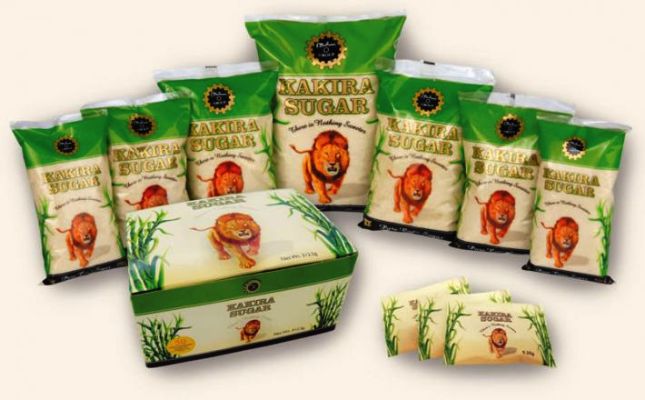The story of Uganda’s sugar seems not to end. The latest is that sugar prices have increased suddenly from an average of Shs3, 500 a few weeks ago to Shs5,000 in some parts of the country.
Currently, a 50kg bag of sugar go for between Shs200,000 to Shs210,000 at wholesale price, up from an average of Shs160,000 two weeks ago. This means that retailers are buying a kilo at Shs4,000 and selling it at between Shs4,500 to Shs5,000 depending on location.
Many retailers don’t have an explanation for this sudden increase, while wholesalers say manufacturers have increased the price necessitating them also to react in the same manner.
Jim Mwine Kabeho, the Chairman Uganda Sugar Manufacturers Association (USMA) blames the increase in sugar prices to a number of factors including speculation, increased costs of production and the strengthening of the US dollar over the Uganda Shilling.
He says as a result of the free East African Community trade protocol, many Ugandan suppliers rushed to export the tax free sugar to Kenya and Tanzania in order to make a killing. This, he said left a supply back home.
ALSO READ: This Is Why Tanzania Banned Uganda Sugar: Magufuli
Additionally, the sugar shortage in Kenya resulting from the fact that deadly sugar imported from Brazil saw East Africa’s largest economy turn to Uganda for sugar.
He added that the new taxes including hike in fuel prices and the strengthening of the US dollar over the local unit in the last few months have increased the cost of production, necessitating manufacturers to increase prices.
It is worth noting that in the 2018/19 budget, government introduced 1% withholding tax on agricultural supplies including sugarcane.
However, sugarcane out growers have resisted the tax, a thing that could have also affected supply to the manufacturers.
Mwine said wholesalers are currently buying 50kg bag at Shs180, 000 from the factory. He said the cost of production has increased across the region, noting that a 50kg bag in Kenya goes for UShs220, 000.
In early 2017, year, sugar prices hit a maximum of Shs8,500 per kilo in some parts of the Country. This was due to prolonged drought that stretched for a period of 9 months from early 2016, increased regional demand of Uganda’s Sugar especially in Kenya and Rwanda and increased cost of sugar cane from Shs85,000 (per 50kg bag) in 2016 to Shs175,000 in 2017.
In February this year, the Minister of Trade, Industry and Cooperatives, Amelia Kyambadde said a 50kg bag was selling at Shs138,000.
She blamed the drastic drop in sugar price to smuggling of duty free sugar from the Republic of Kenya.
She noted that her ministry had confirmed with Uganda Revenue Authority that there is no direct importation of duty free sugar, there is no dumping of sugar in transit within the country and the smuggling is mainly done by boda bodas “through our porous borders and then re-bagged in branded bags of Kakira, Kinyara and Lugazi sugar making it difficult for URA to seize.”
She noted that the sugar industry is one of the fastest growing industries in Uganda contributing over Shs290 billion in taxes in 2016/17 and employing over 60,000 Ugandans directly and indirectly.
The Industry produces over 100 MW of electricity from bagasse of which over 40MW is supplied to the national grid.
Currently, there are 30 licensed sugar mills in the country although only 11 are in operation while the rest are at different stages of development, Kyambadde said.
Over the last 10 years, sugar production has been increasing by nearly 12% annually making Uganda the only sugar surplus producing country in East Africa, the Minister further said.
Kenya produced 327,000 MT against demand of over 800,000 MT in 2017; Tanzania had a shortage of over 200,000 MT and Rwanda a shortage of 70,000 MT.






